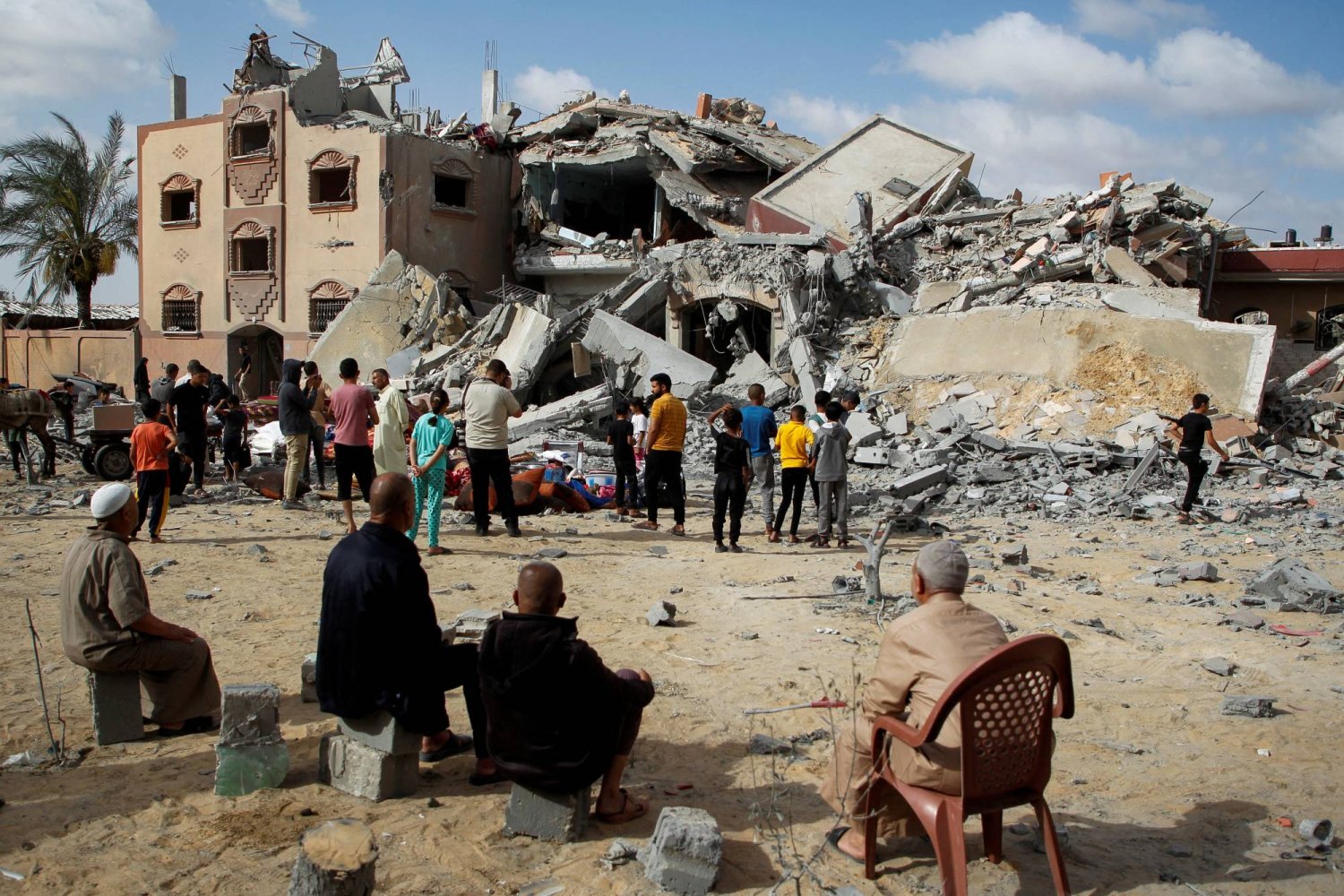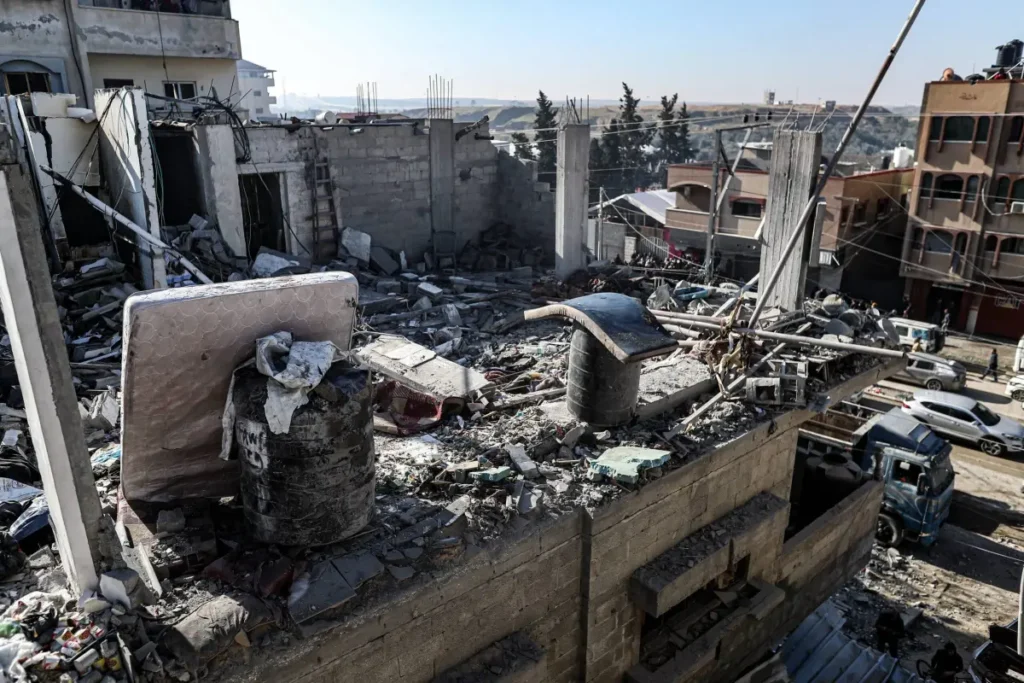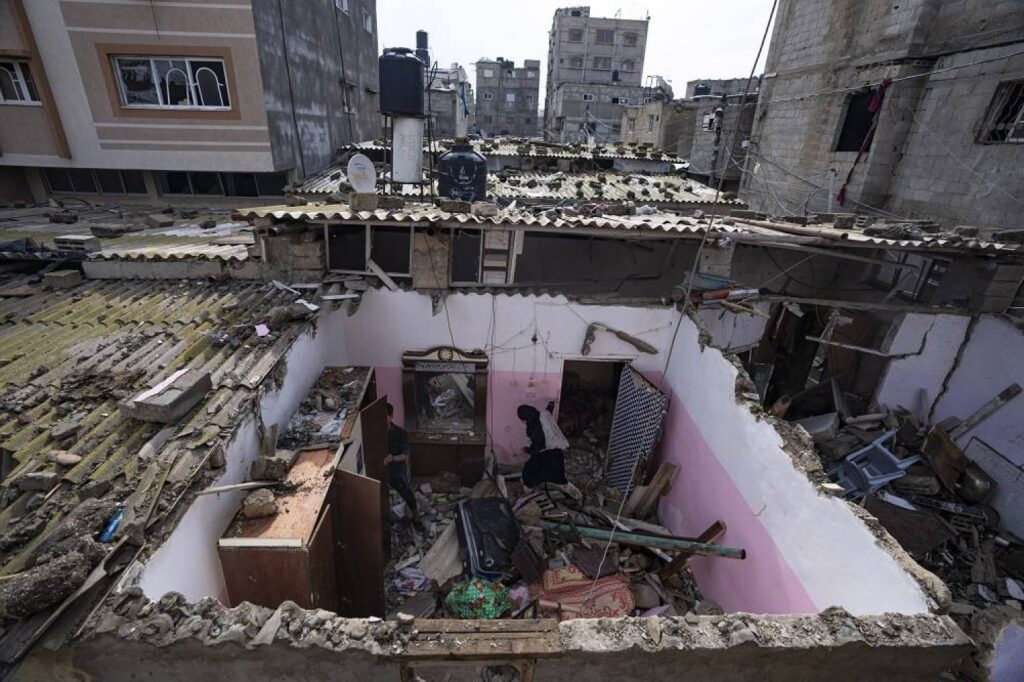
Table of Contents
Israel escalates Rafah assaults after Gaza ceasefire negotiations fail.
In response to the breakdown of ceasefire negotiations in Gaza, Israel has escalated the number of strikes it launches against Rafah.
The Israeli military has intensified its attacks in Rafah, which is situated in southern Gaza, and has also bombed Gaza City.
This is in addition to the fact that they have hampered humanitarian aid operations across the whole of the Palestinian territory with their actions. This occurs at a time when conversations for a ceasefire have come to an end without a settlement being identified.
According to the United Nations Relief and Works Agency for Palestinian Refugees in the Near East (UNRWA), which made the announcement on Friday, 110,000 Palestinians have been able to successfully depart the city of Rafah.
While Israeli military troops were making their way into the eastern section of the city, they were engaging in close-quarters combat operations and launching air strikes.

Fear is roiling the population to its core. Over the course of an extremely, very long period of time, this has been something that people have been dreading, and now it is finally upon us. Continuous assaults are being launched at the target.
There is a cloud of smoke that can be seen in the distance. During an interview with Al Jazeera from Rafah, Sam Rose, who is the chief of planning for the United Nations Relief and Works Agency (UNRWA), said that there are people who are moving about.
Israel is allegedly conducting a “scorched earth” attack on Gaza, which he referred to as a “medieval siege.” He makes this claim in his statement.
As of the beginning of this week, Israeli forces have taken control of the Rafah border crossing, which has resulted in the closure of the crucial entry point for humanitarian goods.
Gaza has not been provided with any help since Sunday, which was the last time it was provided with any assistance. Nothing at all, including assistance, gasoline, supplies, and everything else that could be required.

Additionally, at this present time, we are really very near to depleting all of our existing reserves,” Rose commented of the situation. “We are able to supply flour for a few more days,” the representative for the firm said.
“We are able to supply flour.” On the other hand, given that there is no water and no fuel, in a very short amount of time, everything else will begin to shut down. It won’t be long until this takes place. He proceeded by saying, “As a consequence of this, the circumstance is extremely precarious.”
As a result of the fact that hospitals in Rafah have been subjected to massive attacks, which have resulted in patients and personnel being pushed out of the institutions, a substantial number of Palestinians who are ill or injured do not have the capacity to get medical attention.
“The Al-Najjar Hospital is currently not operating.” In addition, the Palestinian physician Mohammed Zaqout claims that the Kuwaiti Hospital in Rafah is only equipped to cope with patients who are experiencing trauma or emergency conditions inside the hospital.
“We do not have any beds available, and there are no hospitals to which we can refer [people], particularly for patients who are in critical condition.” Additionally, there were allegations of air strikes and fighting in the neighborhoods of Gaza City, which targeted Zeitoun, Sabra, Nassr, Tal al-Hawa, and the Shati refugee camp.

These areas were all included in the reports. The witnesses who delivered these information were located farther to the north. The northwest areas of the city of were home to each and every one of these neighborhoods.
It carried out attacks on a family home located in the central neighborhood of Gaza City, as reported by the Wafa news agency. These attacks resulted in the deaths of at least three individuals and injuries to five others. These assaults were carried out over the course of a number of hours.





